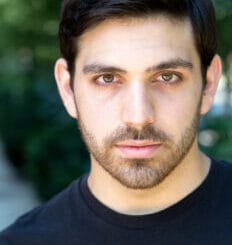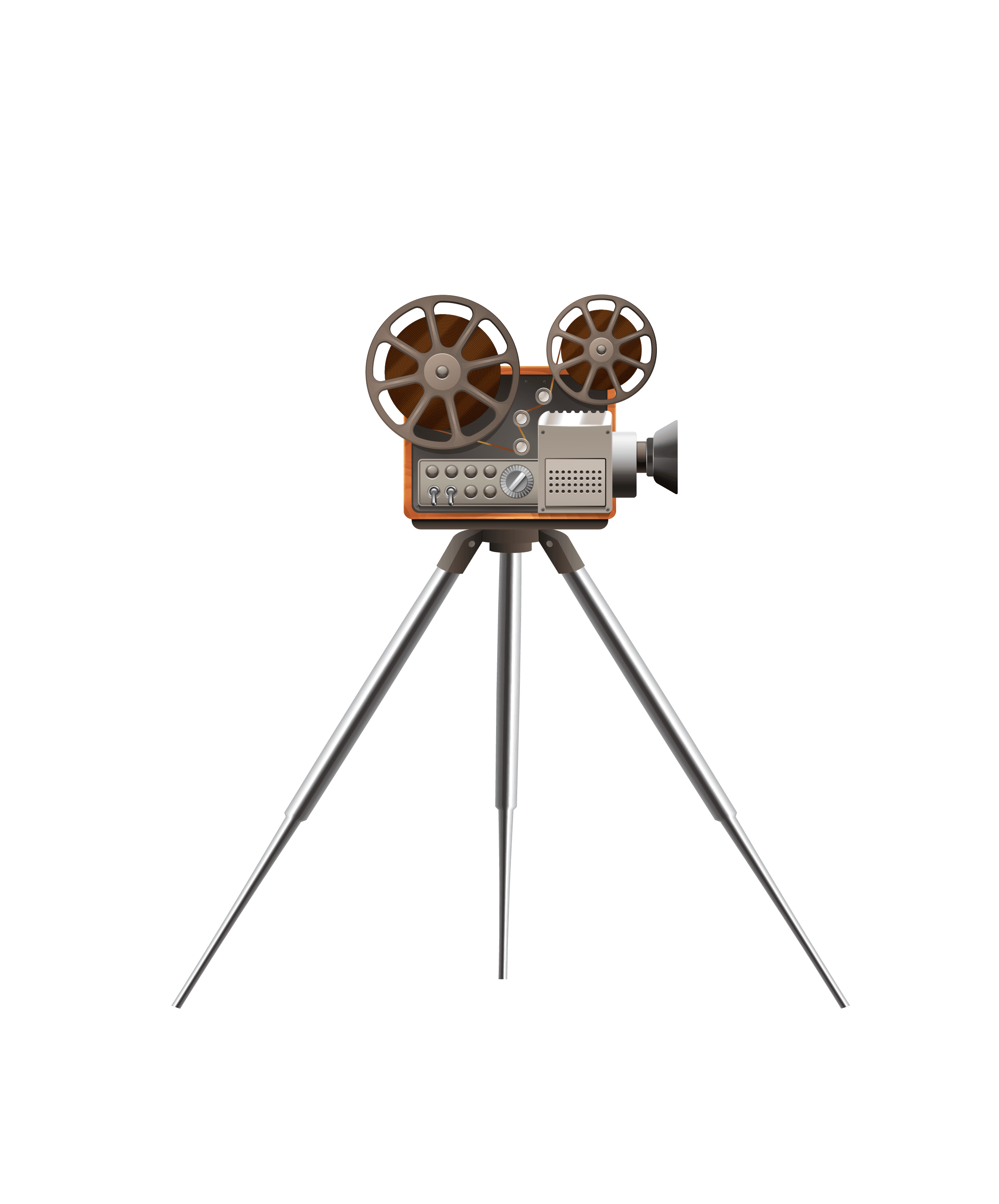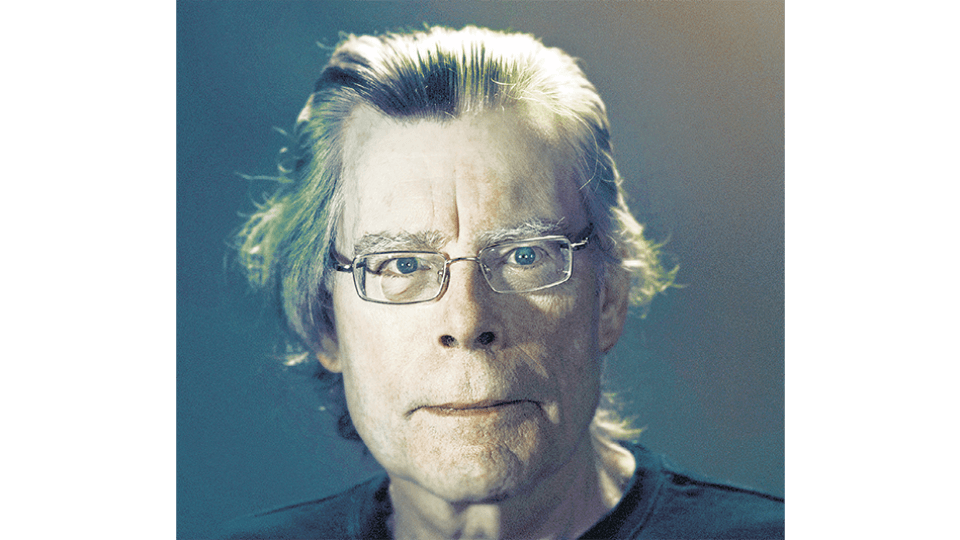Samuel Pomerantz

He is the filmmaker of I Am The Doorway Dollar Baby film.
SKSM: Could you start with telling me a little bit about yourself? Who are you and what do you do?
Samuel Pomerantz: I am a 2020 graduate of Towson University in Maryland. Though my major was in acting, I have long held a filmmaking passion. My formative years were largely spent behind a camera, directing my friends with scripts I typically wrote in an evening. I Am the Doorway was different, however; this was a movie I had spent much time in brainstorming and writing.
Apart from my acting/filmmaking gigs, I work at a marina as a dockhand. In my spare time, I enjoy collecting books, most recently tales of polar exploration. I also frequent the outdoors, camping and hiking and the like.
SKSM: When did you know you wanted to become a filmmaker?
Samuel Pomerantz: When I got a camera for my birthday in fourth grade. I immediately began making movies, and quickly developed a love for it. Though I don’t know if filmmaker fully describes what I aspire to be: I am a storyteller. I not only make movies, but write and act as well, be it for the camera or theatre.
SKSM: When did you make I am the doorway? Can you tell me a little about the production? How much did it cost? How long did it take to film it?
Samuel Pomerantz: I Am the Doorway came about due to a month-long winter break from college in which I had nothing else to do with my time. It was January of 2017. For years I had had a desire to adapt this particular story, even before I knew of the Dollar Baby program. I grew up on sci-fi and horror movies, with a particular fondness for space travel gone wrong plots, and King’s tale was the perfect blend. So I wrote the script, got my usual filmmaking friends to partake, and used the resources available to me. I already had the camera, so really I only had to worry about the sets and makeup. Being a theatre kid, I thankfully had no shortage of friends talented enough to pull off the eye-hand effects.
Most of the scenes could be shot around my house and neighborhood (I thankfully live on the water, so scenes taking place along the cape in Florida were not difficult to pull off). What presented a problem was the space mission segment. Mission control ended up being the computer lab of my high school, and the spacecraft interior was a trailer decked out in reflective blankets with various appliances adorning the walls.
Arthur’s wheelchair was loaned by a friend’s father, who happened to be a pastor. He let me borrow his church’s wheelchair for the duration of the production. I failed to mention it was for a horror film.
All in all, the production was guerrilla in style. As soon as one scene was shot, we moved to another part of the house to film the next. Then we were down the street at the local beach, or rounding up students at the high school to be extras. It was quite the whirlwind. But after twelve days, the production wrapped, with the only expense being the spacesuits that we wore (white painters’ suits with stickers and patches applied to be reminiscent of Apollo-era flight suits).
SKSM: How come you picked I am the doorway to develop into a movie? What is it in the story that you like so much?
Samuel Pomerantz: Growing up, I took a particular interest in the history of America’s space program. The Apollo missions to the moon were very important to me. Since most of the fictional media I absorbed was in the horror genre, this story seemed the perfect one for me to adapt. Once I learned it was up for grabs on the Dollar Baby site, I jumped at the chance. I especially liked that it was based loosely off of NASA’s own plans to send a manned flight to flyby Venus in the mid-70’s, which in turn influenced the flight segment of my movie.
SKSM: How did you find out that King sold the movie rights to some of his stories for just $1? Was it just a wild guess or did you know it before you sent him the check?
Samuel Pomerantz: I believe I learned of the program from a book about Stephen King. I had been a long time fan of his, and upon learning there was a legitimate means for me to adapt my favorite story of his, and for only a dollar, I knew I had to attempt it.
SKSM: Was there any funny or special moment when you made the movie that you would like to tell me about?
Samuel Pomerantz: The final day of filming, we were scheduled to film the space capsule slamming into the ocean; this was to be accomplished by dropping a model off of a floating scaffold at my father’s place of work, a marina. He called me right before I was going to leave the house to inform me that, of all days, his contract was being ended and it would be his last day at the marina. My heart sank, and I offered to forgo the shoot and to work out something different for the scene. My father’s response: “Hell no! I’m gonna spend my last day here having fun!” So I showed up and we went about the property getting the shots needed and it was such a fun process, since I typically don’t get the chance to involve my parents in my movies. It was a great experience, and I know my dad appreciated it as a way of not having to deal with the negativity of the morning’s events.
A further happy note: the folks that terminated his contract ended up being ousted, and he was brought back and has been running the facility since.
SKSM: How does it feel that all the King fans out there can’t see your movie? Do you think that will change in the future? Maybe a internet/dvd release would be possible?
Samuel Pomerantz: I must admit, it is a bit of a bummer. I would love the opportunity, not only to showcase my movie to others, but to see what projects various directors have concocted. There’s no shortage of ideas out there to adapt King’s works, and I’d love to see the various takes artists have had over the years.
SKSM: What “good or bad” reviews have you received on your film?
Samuel Pomerantz: Not too many reviews I’m afraid, as it had a restricted release (I imagine most Dollar Babies do), but I fondly remember first screening the rough cut of the movie in the front seat of my buddy’s car. They reacted enthusiastically to what we had pulled off, and the product got even better once music was added later on.
Others have commented on the convincing zero-gravity effect present in the space scenes, accomplished by an old Hollywood trick. Ron Howard, when making Apollo 13, filmed various scenes with the astronaut actors framed from the waist up, maneuvering in a somewhat ridiculous manner that, when on camera, looks like they’re coasting in space. So it was nice to hear from the audience that the effect truly worked.
SKSM: Do you plan to screen the movie at a particular festival?
Samuel Pomerantz: Albeit an admittedly amateur production, I would definitely be open to screening the final product at a festival should the opportunity arise. My friends and I had such fun making it, and that enthusiasm is prevalent throughout the picture.
SKSM: Are you a Stephen King fan? If so, which are your favorite works and adaptations?
Samuel Pomerantz: Absolutely I am! Of his short stories, this remains my favorite, but as for full length novels, Misery reigns supreme for me. I also greatly appreciate his nonfiction piece, Danse Macabre.
SKSM: Did you have any personal contact with King during the making of the movie? Has he seen it (and if so, what did he think about it)?
Samuel Pomerantz: Unfortunately not. I hope he has seen it, and if so, enjoyed it! Would love to know his thoughts on the finished product.
SKSM: Do you have any plans for making more movies based on Stephen King’s stories? If you could pick -at least- one story to shoot, which one would it be and why?
Samuel Pomerantz: I frequently check to see what stories are up for grabs, to see if any appeal to me. I would especially be interested in adapting Strawberry Spring; during my time at Towson, I frequently had to walk home on foggy nights across campus, and as a result, allowed my mind to wander and dwell upon how I would pull off an adaptation using my alma mater’s campus.
SKSM: What are you working on nowadays?
Samuel Pomerantz: A few stories of my own, including a full length novel. It’s a supernatural thriller, naturally.
SKSM: What one thing people would be surprised to know about you?
Samuel Pomerantz: I originally detested horror! When I was little, I allowed the hype to terrify me, and swore up and down I’d never like scary movies. Then I was forced to watch one at a sleepover in fifth grade. That was the catalyst that led me to an unending rabbit hole of horror media.
SKSM: Thanks for taking the time to answer my questions. Is there anything you want to say to the fans that read this interview?
Samuel Pomerantz: For those of you that have made your own adaptation, I commend you! It is an arduous task, no matter how much assistance you may receive, and that feeling upon completion is like no other. For those of you weighing whether or not to attempt your own: do it! You won’t regret it in the least.
SKSM: Would you like to add anything else?
Samuel Pomerantz: Thank you for reaching out to learn the story of this little film! It woke stirring memories, ones that fill me with fondness. I hope to connect more with fellow Dollar Baby directors, to learn their passions, and the stories of their films.
















